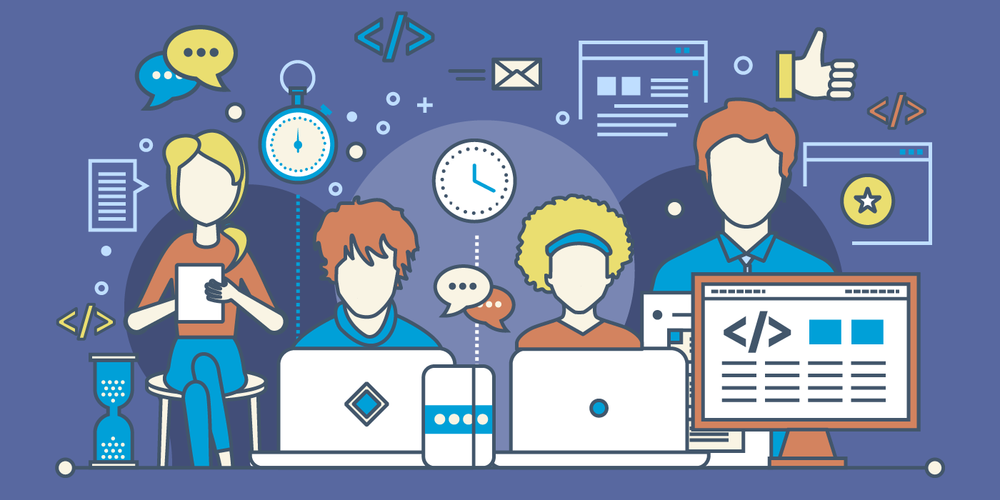
In an era where the dialogue around mental health is more open and dynamic than ever, conventional therapy methods are being complemented by innovative approaches. Among these, video games stand out as a powerful tool in the therapeutic landscape. Far from being mere sources of entertainment, games have shown remarkable efficacy in aiding mental health therapy, offering stress relief, and fostering the development of social skills. This article explores the transformative impact of gaming through heartening stories of healing and hope, backed by compelling research.
The Healing Game: Video Games as Therapy Tools
The application of video games in therapy sessions has transcended traditional expectations. Therapists and researchers have found that specific games can significantly aid in treating anxiety, depression, PTSD, and even in the recovery from brain injuries. One compelling case is that of a young adult who used video games under therapeutic supervision to navigate and mitigate symptoms of severe anxiety. The structured environment of the game provided a sense of control and accomplishment, which gradually translated into real-life situations. Additionally, studies have underscored the application of virtual reality (VR) gaming within exposure therapy, providing opportunities for individuals to face their fears in a secure and manageable environment, thus diminishing tendencies to avoid fear-inducing situations.
Stress Relief through the Digital Lens

Stress, a ubiquitous aspect of modern life, can be significantly alleviated through gaming. A study involving various professionals found that those who engaged in casual video gaming during breaks experienced a remarkable reduction in stress levels and an improvement in mood compared to those who did not. Games with immersive narratives and calming environments can act as digital sanctuaries, where individuals can find a momentary escape from the pressures of real life. This form of digital meditation allows for a mental reset, improving overall well-being and productivity.
Building Bridges: Video Games and Social Skills Development
The stereotype of gamers as socially isolated is rapidly being debunked. Multiplayer online games have emerged as vibrant social arenas where individuals can forge connections and develop teamwork, leadership, and communication skills. For example, games like "World of Warcraft" require players to work together to achieve common goals, fostering a sense of community and collaboration. These virtual interactions have translated into improved social skills in the real world, particularly for individuals with social anxiety or autism, who may find face-to-face interactions challenging. The story of a teenager with autism finding friendship and a sense of belonging through an online gaming community underscores the potential of games as platforms for social skill development and emotional support.
Empowering Change: The Broader Implications of Gaming in Mental Health

The therapeutic power of video games opens up new avenues for mental health support and intervention. By offering an engaging and interactive form of therapy, games can motivate individuals to participate in their healing process actively. Moreover, the accessibility of video games makes them a valuable resource for those who may not have the means or the inclination to seek traditional forms of therapy. This democratization of mental health support has the potential to reach a wider audience, breaking down barriers to care and fostering a more inclusive approach to mental wellness.
Ultimately, video games are emerging as more than just leisure activities. With their ability to aid in healing, reduce stress, and foster social interactions, they are revolutionizing the field of mental health care and assistance. As we delve deeper into their capabilities, video games offer the potential to provide comfort and recovery to a broader audience.

Leave a comment
Your comment is awaiting moderation. We save your draft here
0 Comments